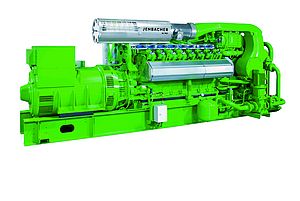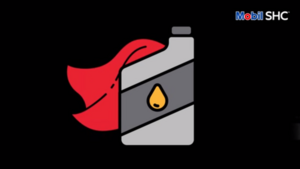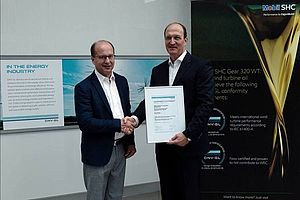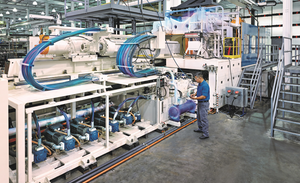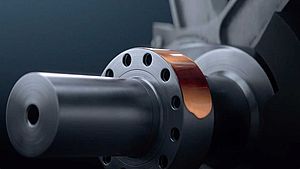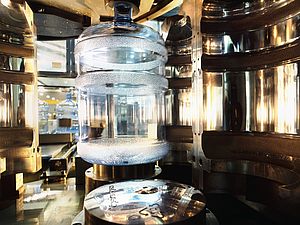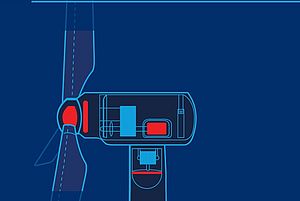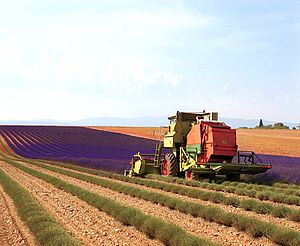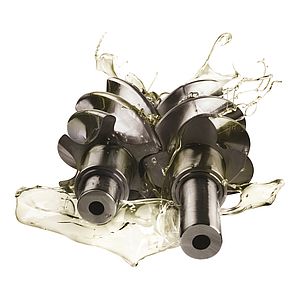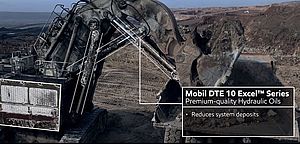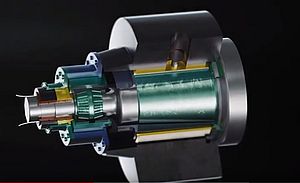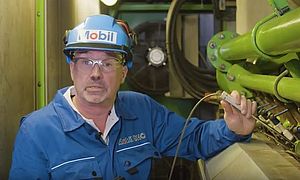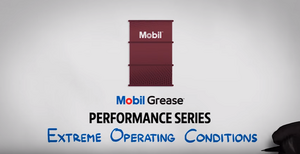ExxonMobil has released tips on how to optimise gas engine performance. The guidance can help operators enhance engine protection, increase productivity and reduce costs.The tips are the result of nearly 50 years of lubricating gas engines, and a detailed assessment of used oil samples from landfill and biogas plants. Since 2016, ExxonMobil’s oil analysis service – Mobil Serv℠ Lubricant Analysis – has processed more than one million oil samples worldwide. One hundred thousand of these were from gas engines.
1. Protect your engine against acid corrosion
Biogas can be extremely corrosive. For example, it may contain high levels of hydrogen sulphide, which can combine with water to produce sulphuric acid inside an engine. Under these circumstances it is important to use a lubricant that can neutralise acid build-up and provide corrosion protection. This can help reduce the risk of unscheduled downtime and engine failure. Operators should take into account OEM recommendations as well as the gas type being used.
2. Test over time – a single test does not tell you the full story
Receiving an alert on a single oil sample is not necessarily an indication of an engine performance issue. Operators must look at the trend over time to understand true performance. There are typically maintenance issues associated with gas impurities which can be detected in the oil analysis. It is therefore essential that gas engine operators get the accurate insights they need, when they need them, to help optimise engine operations and save money.
3. Optimise your engine performance
Impurities in the gas produced from bio waste can create serious issues for gas engine operators. For example, siloxanes in bio gases combine with oxygen in the combustion process to form silicon dioxide or sand in the engine. This can cause serious problems with filter blocking, wear and valve torching with the inevitable impact on the reliability and longevity of an engine. It is therefore essential to choose an oil that has been designed specifically to help optimise the performance of engines running on gases derived from biomass waste and landfill. Mobil Pegasus™ 605 Ultra 40 offers exceptional deposit control and wear protection, which can help alleviate the impact of high temperatures and siloxanes on the engine.
4. Choose high-performance oils
Advances in lubricant technology have resulted in breakthroughs in extending engine life, optimising oil drain intervals and improving the overall efficiency of equipment. By switching to high performance lubricants, such as the Mobil Pegasus™ range, gas engine operators can help reduce unscheduled maintenance, resulting in safer operations and cost savings.
Find out more about ExxonMobil’s range of advanced lubricants and services for gas engines by visiting mobil.com/en/industrial.








